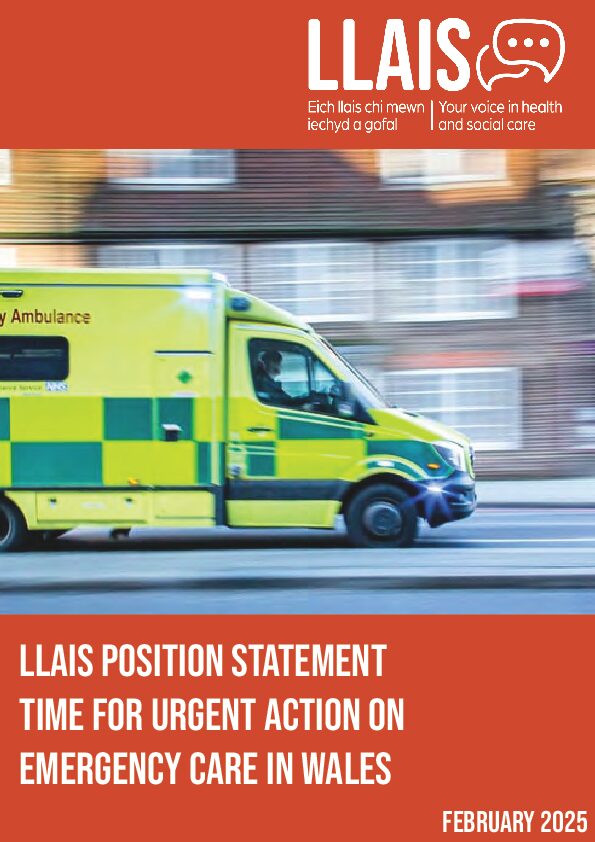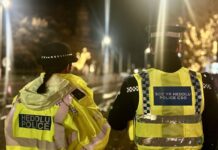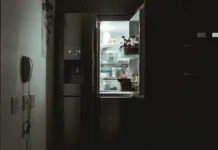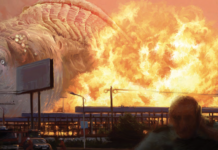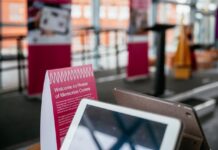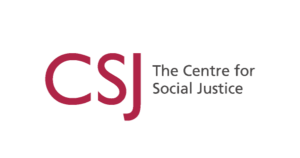- Criminal exploitation most common type of modern slavery in UK
- Nearly two thirds of victims are British – most are teenagers and vulnerable adults
- Government urged to add ‘criminal exploitation’ to Modern Slavery Act
New analysis from the Centre for Social Justice (CSJ) and Justice and Care reveals that almost half (45 per cent) of those suffering from criminal exploitation are British boys aged 17 and under.
The new report, “Criminal Exploitation: Modern slavery by another name”, found that criminal exploitation is the most common type of modern slavery occurring in the UK over the past four years according to National Referral Mechanism (NRM) statistics.
The vast majority of victims are British (64 per cent) and are mostly teenagers and vulnerable adults who are “forced, coerced or groomed into committing crime for someone else’s benefit”.
The report warns:
“The connection with other types of criminality and the predominance of British nationals means that often exploitation is not identified. Professionals, families and victims themselves frequently do not apply the label of ‘modern slavery’ (nor even exploitation in some cases) to what is happening”.
Deprived communities and vulnerable people are most affected, with factors such as substance misuse, family circumstances, learning disabilities, school exclusion or financial deprivation putting people at greater risk, as criminals use them to coerce their victims.
Emily who experienced criminal exploitation said: “I was like a tiny little 11 year old, when I first started to get exploited, and I was 11 and a half when I was arrested. And for the whole year and a half, till I was 13, I was on bail. And then I was 13, when I got my conviction… And I wasn’t in school, and I had no education at all.”
Polling for the report found that a quarter of people in the most deprived parliamentary constituencies had seen signs of criminal exploitation in their community compared to 15 per cent in the least deprived communities. A quarter of teachers in schools with the most deprived students had encountered suspected criminal exploitation compared to 12 per cent in the most affluent schools. There are also indications that young people without vulnerabilities are targeted, as technology is “providing new ways to recruit, groom and control victims, providing a sense of belonging for those suffering from social isolation.”
The report criticizes levels of support for victims and prevention of exploitation despite good work being done by some charities, local authorities and the Government’s County Lines Programme, warning legislation and policy was “inconsistent”, “incomplete” and “confusing”.
Commenting on the findings, Eleanor Lyons, the Independent Anti-Slavery Commissioner, said:
“I welcome this report and its challenge to find ways to disrupt this criminal activity effectively and prevent further harm to victims and communities.
This report calls for a tougher response to criminals: the criminals who are taking advantage of young people and vulnerable adults. It shows how criminals are using new ways to coerce people into committing crimes to line their own pockets. Undoubtedly this can sometimes be difficult to understand, but those who are targeted by gangs can sometimes be forced to offend, they are victims too – victims of criminal exploitation.
That is why this report rightly calls on the Government and frontline policing to make sure criminal exploitation is prosecuted for what it is: a form of modern slavery. This will also allow us to do more to prevent the endless stream of young people and vulnerable adults being pulled into criminal exploitation. And give them the support they deserve.”
Criminal exploitation is often a feature of, but not limited to, ‘county lines’ drug dealing. Victims can be coerced or groomed into committing crime through debts, violence or manipulation. They can be made to hold or store weapons, engage in theft and shoplifting, money laundering and even begging. It is becoming integral to the activities of many organised crime groups, spreading into new areas of their operations such as illegal dog breeding.
Victims can experience severe trauma and physical injuries, may become homeless or have their education disrupted. At its worst, victims go unrecognised and end up with criminal convictions, pulled deeper into serious offending.
The report also found a ripple effect spreading harm to families, neighbours and wider communities. Younger siblings are drawn into exploitation, families are threatened and held responsible for drug debt. Neighbours face anti-social behaviour and intimidation. Communities can become normalised to criminality and exploitation. Exploitation allows organised crime and drug use to flourish, strains local resources and ultimately creates more victims – those whose lives are blighted by the crimes committed under exploitation.
The CSJ and Justice and Care are calling for a better understanding of criminal exploitation and for consistent identification as a form of modern slavery “starting by defining it in the Modern Slavery Act” and adding “a specific offence of cuckooing and extending the reach of Slavery and Trafficking Prevention and Risk Orders.” The report explains that “identifying victims as victims is a first step to giving them better access to the support they need to rebuild their lives”.
Louise Gleich from the CSJ and Justice and Care said:
“Criminal exploitation ruins lives and damages whole communities. Young people’s futures are torn apart, vulnerable adults are forced to live in fear and communities are blighted by anti-social behaviour. Not all those who commit crime are victims of exploitation, but when exploitation lies behind the offending we need to root it out. If we don’t the cycles will continue with more and more vulnerable people becoming victims. We need police and prosecutors to go after the criminals responsible for this exploitation with the full force of the Modern Slavery Act. but at the moment it has no definition of modern slavery. Identifying where someone has been a victim of criminal exploitation is the first vital step to helping them get out of exploitation and rebuild their lives.”
The CSJ and Justice and Care propose a number of recommendations to tackle criminal exploitation, which include:
- Amending the Modern Slavery Act 2015 to include a definition of criminal exploitation and make Slavery and Trafficking Prevention and Risk Orders more widely available.
- Creating a specific offence of cuckooing.
- Completing the full national roll out of the Independent Child Trafficking Guardian service
Help keep news FREE for our readers
Supporting your local community newspaper/online news outlet is crucial now more than ever. If you believe in independent journalism, then consider making a valuable contribution by making a one-time or monthly donation. We operate in rural areas where providing unbiased news can be challenging. Read More About Supporting The West Wales Chronicle









